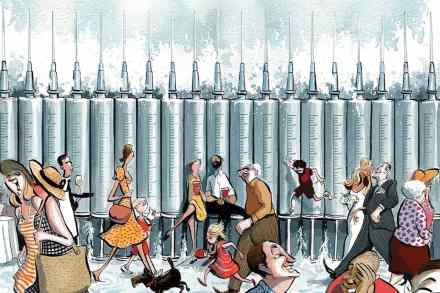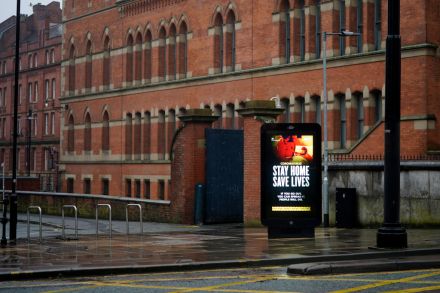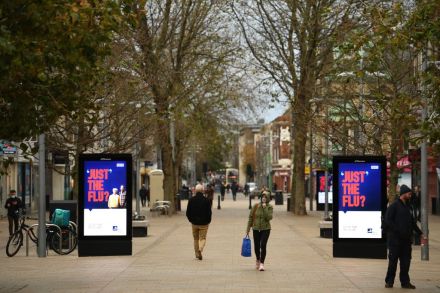Why the Omicron wave won’t overwhelm the NHS
Barely six weeks after it was first discovered in Britain, the Omicron variant has changed everything. Cases have soared far beyond records made in the first wave. Hospital admissions are surging and pupils are once again wearing masks in school. Modellers have produced terrifying figures — up to 25,000 hospitalisations a day, more than five















